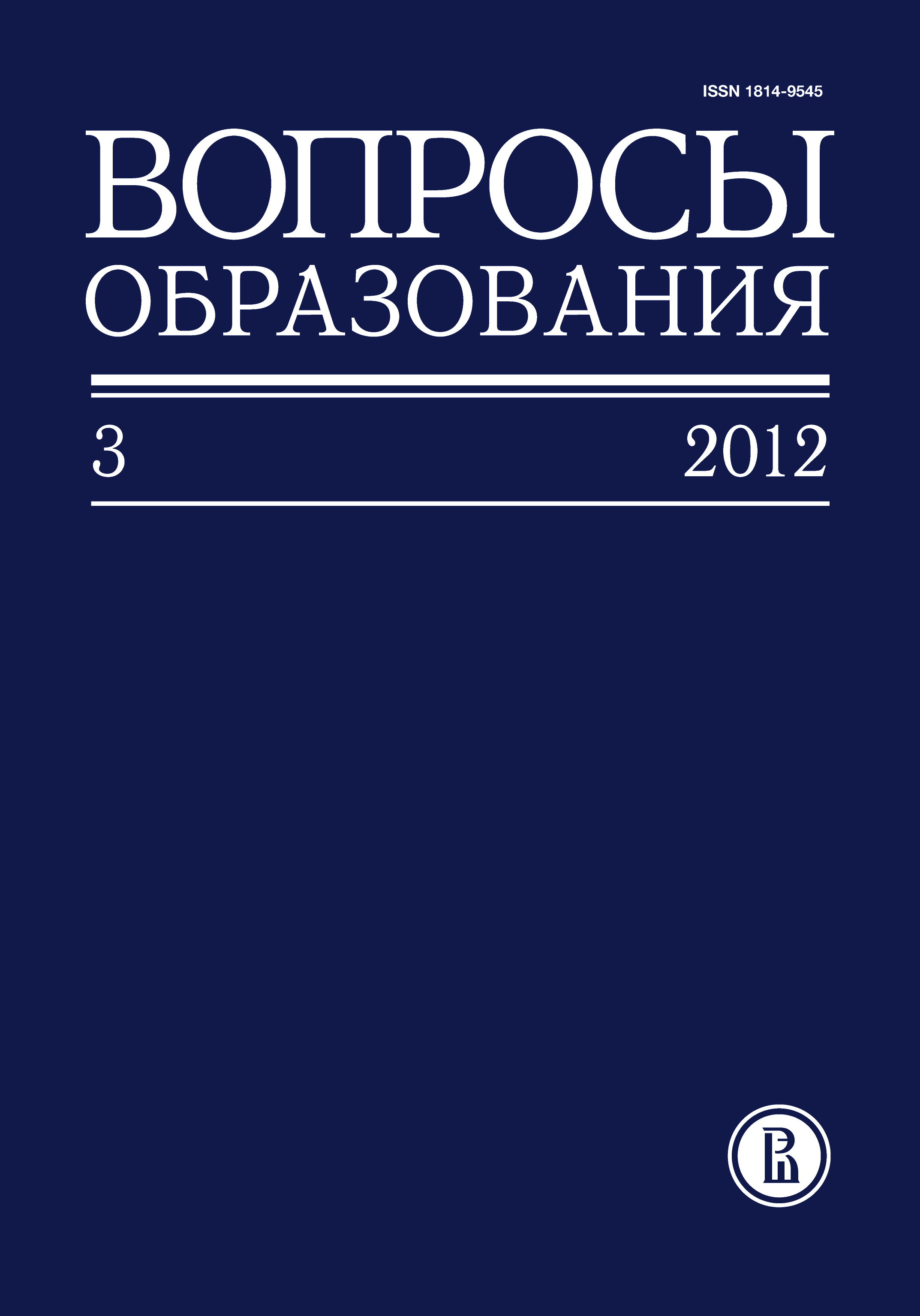Проблемы и риски концентрации властных полномочий в системе управления образованием
Аннотация
Майоров Алексей Николаевич — доктор педагогических наук, заместитель проректора НИУ ВШЭ. Эл. адрес: anmayorov@hse.ru
С общих позиций теории управления анализируется реализация принципа разделения властей применительно к сфере образования, рассматриваются возможные пути ее дальнейшего совершенствования. Показано, что за период с 2004 г., времени начала административной реформы и деятельности объединенного Министерства образования и науки, до весны 2012 г., времени смены правительства Российской Федерации, произошло перераспределение властных полномочий от законодательной власти к исполнительной и от региональных органов власти к федеральным.
Отмечается, что существенное сокращение региональных полномочий в области образования и расширение федеральных противоречит самой сути федерализма, которая заключается в разделении полномочий, с тем чтобы была возможность дифференцировать решения в зависимости от местных условий. Дерегионализация образовательной политики, произошедшая в последнее время, приводит к тому, что центр перестает справляться с имеющимися у него полномочиями, предлагает стандартные решения там, где их реализация дает негативный эффект. В результате сложившаяся система перераспределения полномочий и практика реализации изменений породили в сфере образования два важных явления: низкий уровень доверия федеральной и региональных властей друг к другу и низкая самостоятельность региональных властей. Проблемы и риски концентрации властных полномочий рассмотрены на конкретных примерах практики управления.
Проанализированы предлагаемые разными структурами власти варианты решений проблемы концентрации полномочий, предложены иные варианты решения этой проблемы. Подчеркивается необходимость поиска и запуска механизмов усиления обратной связи между населением и региональными и муниципальными властями.








